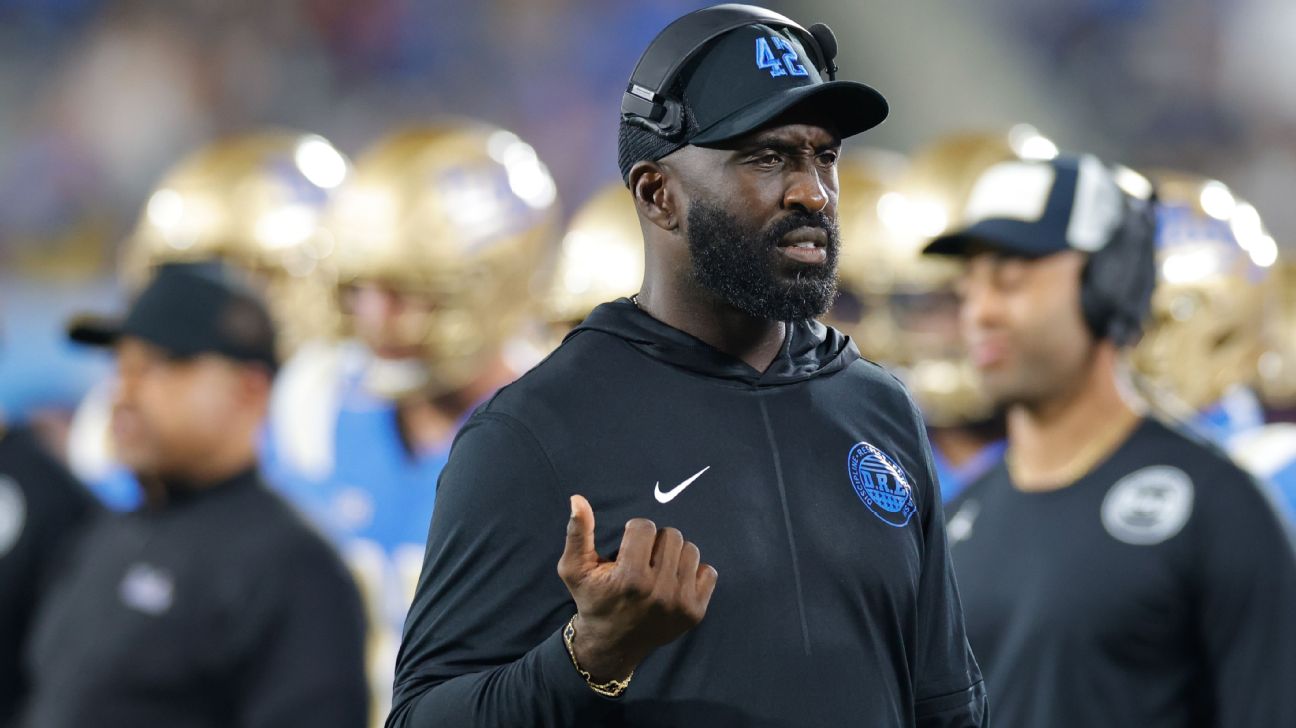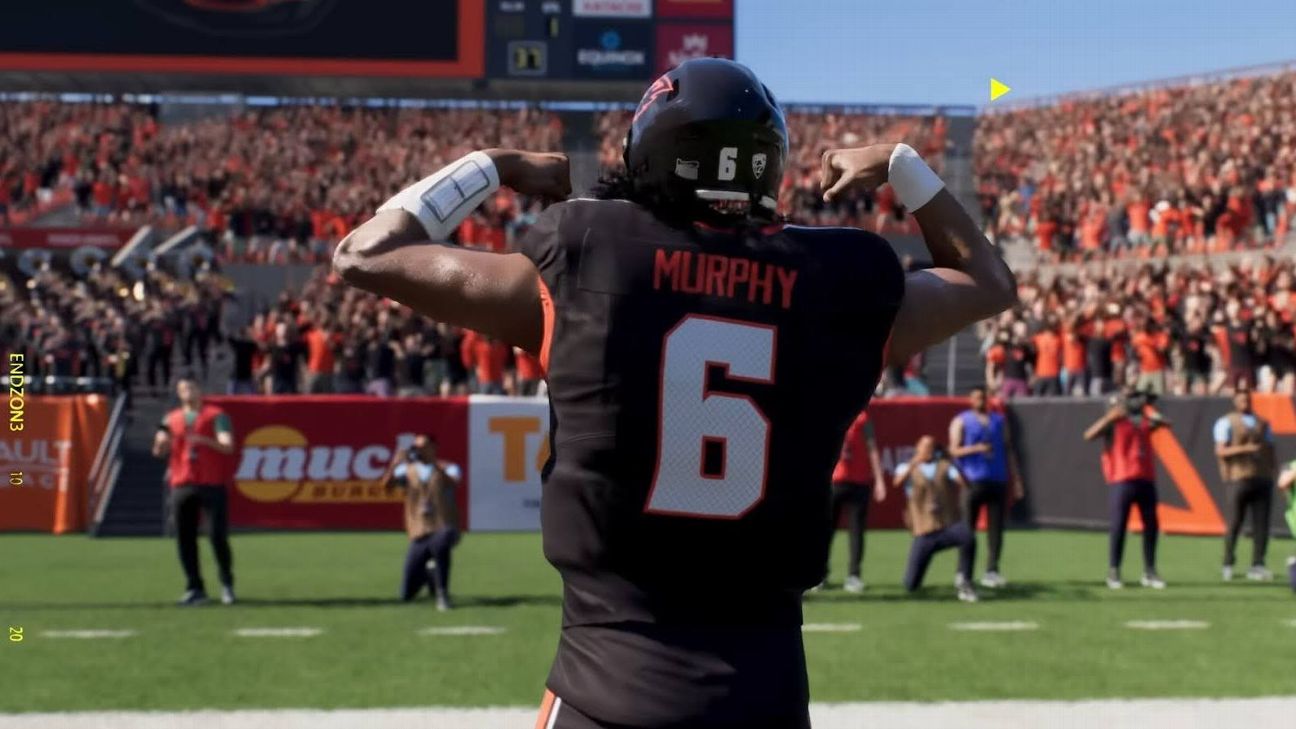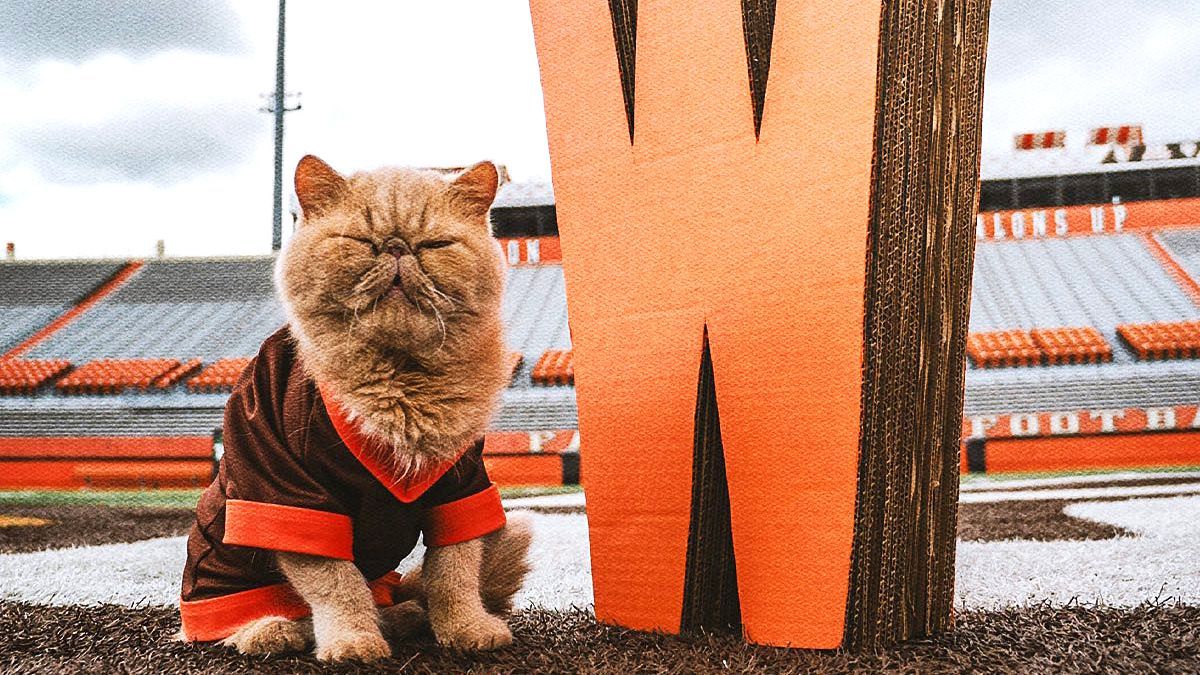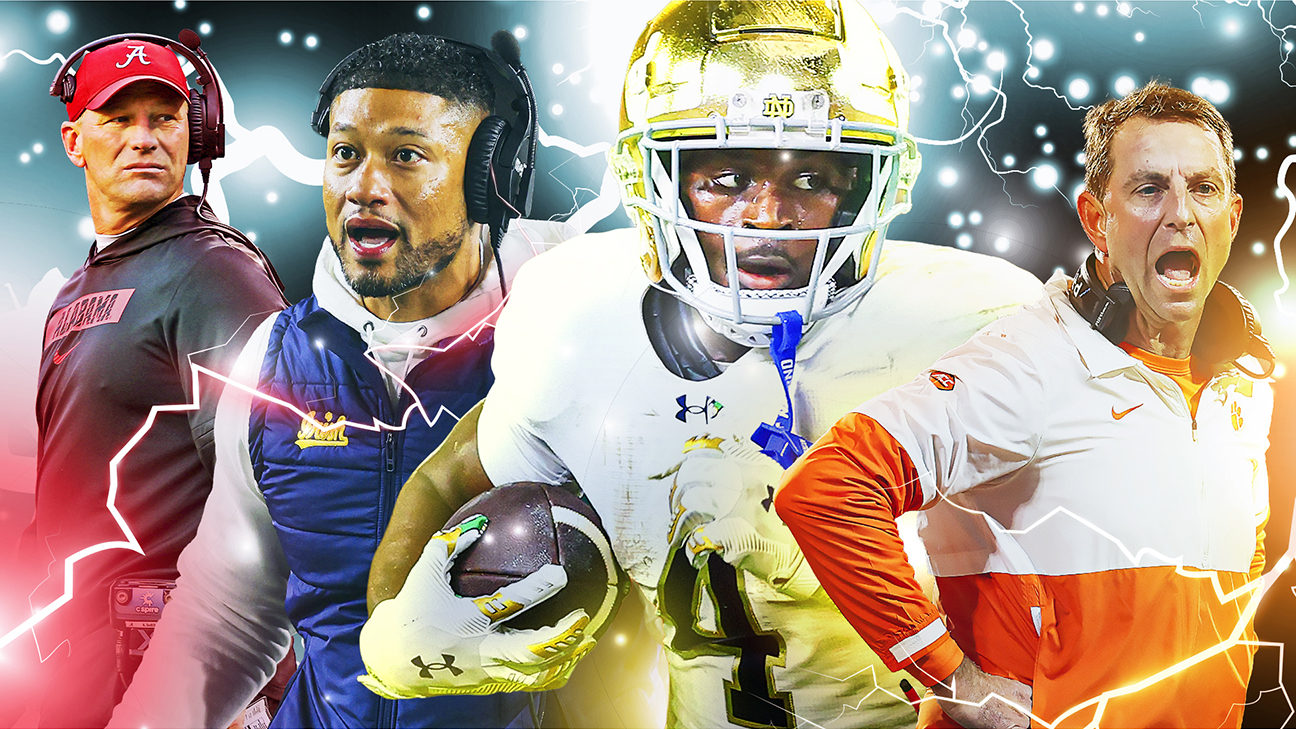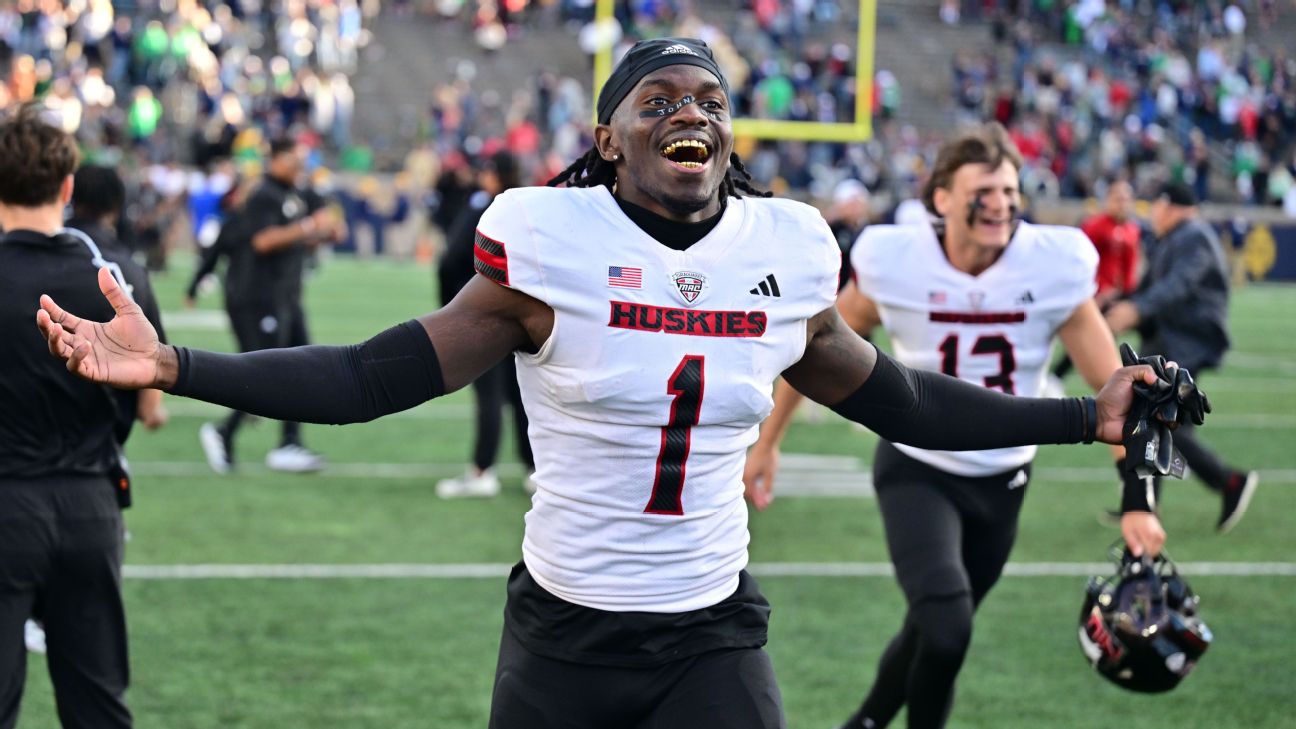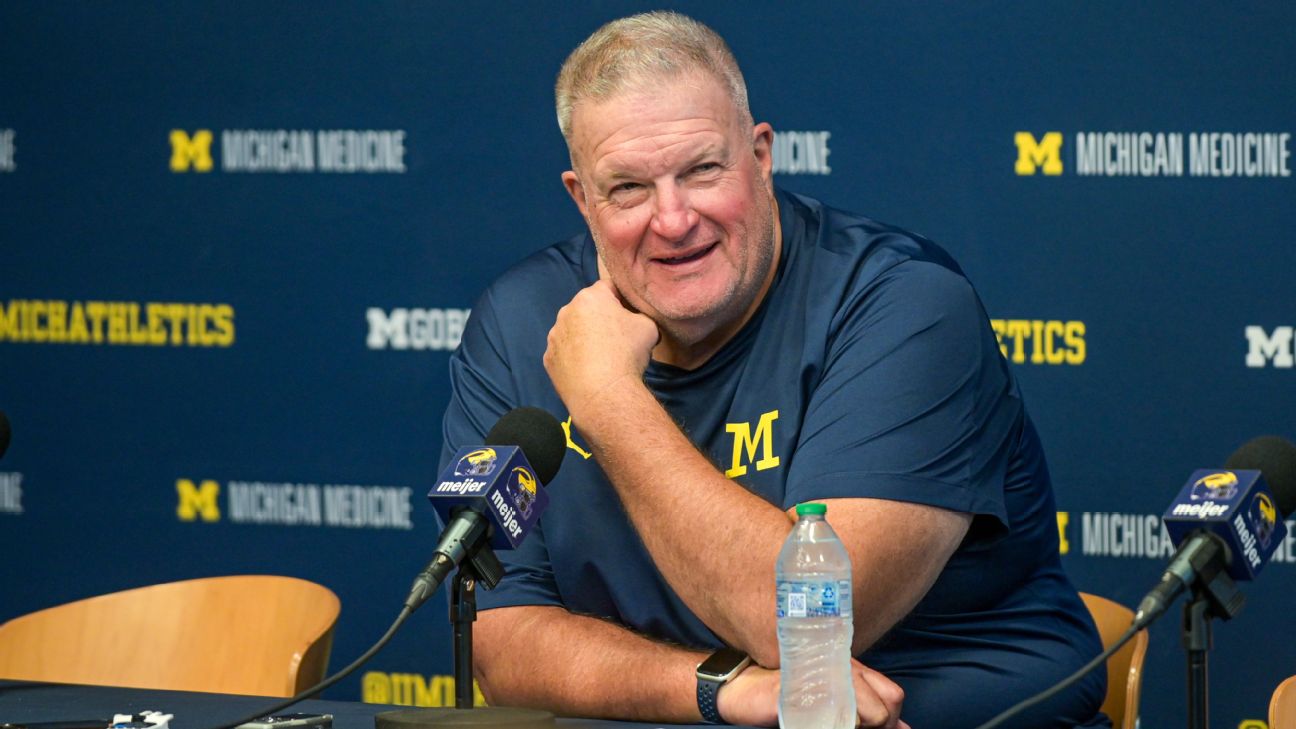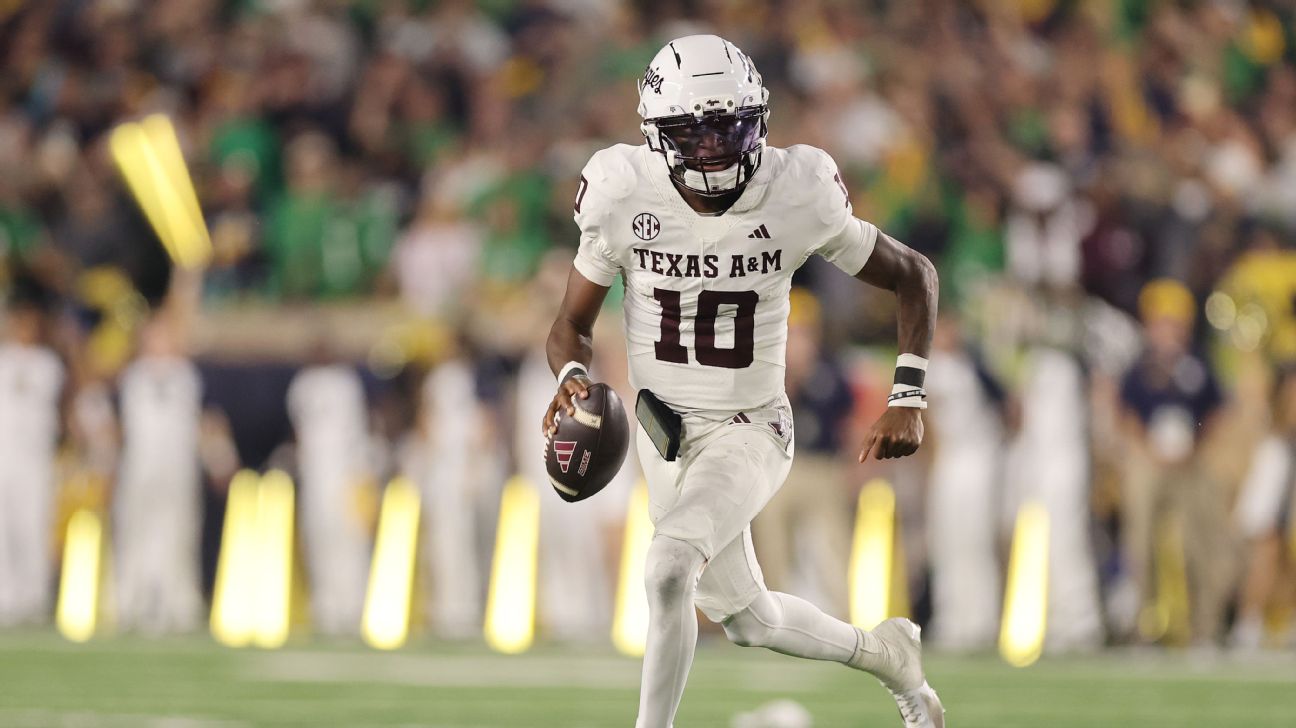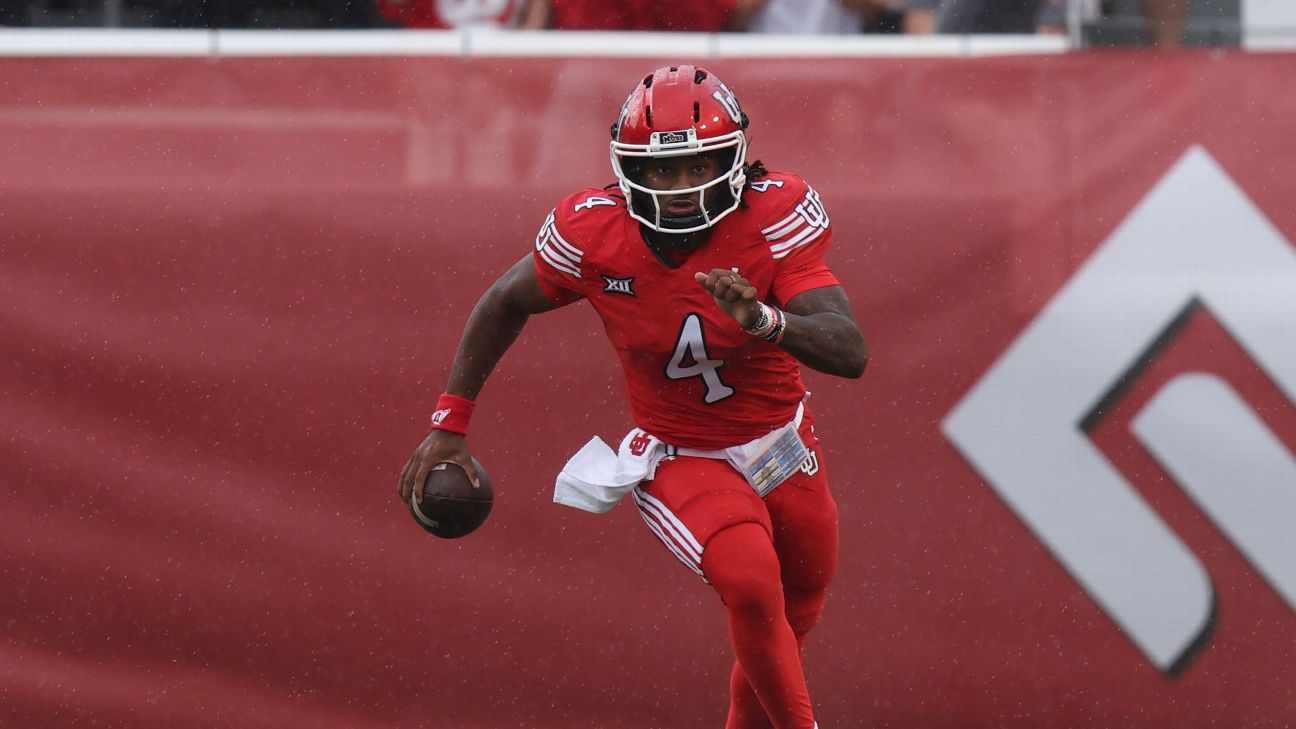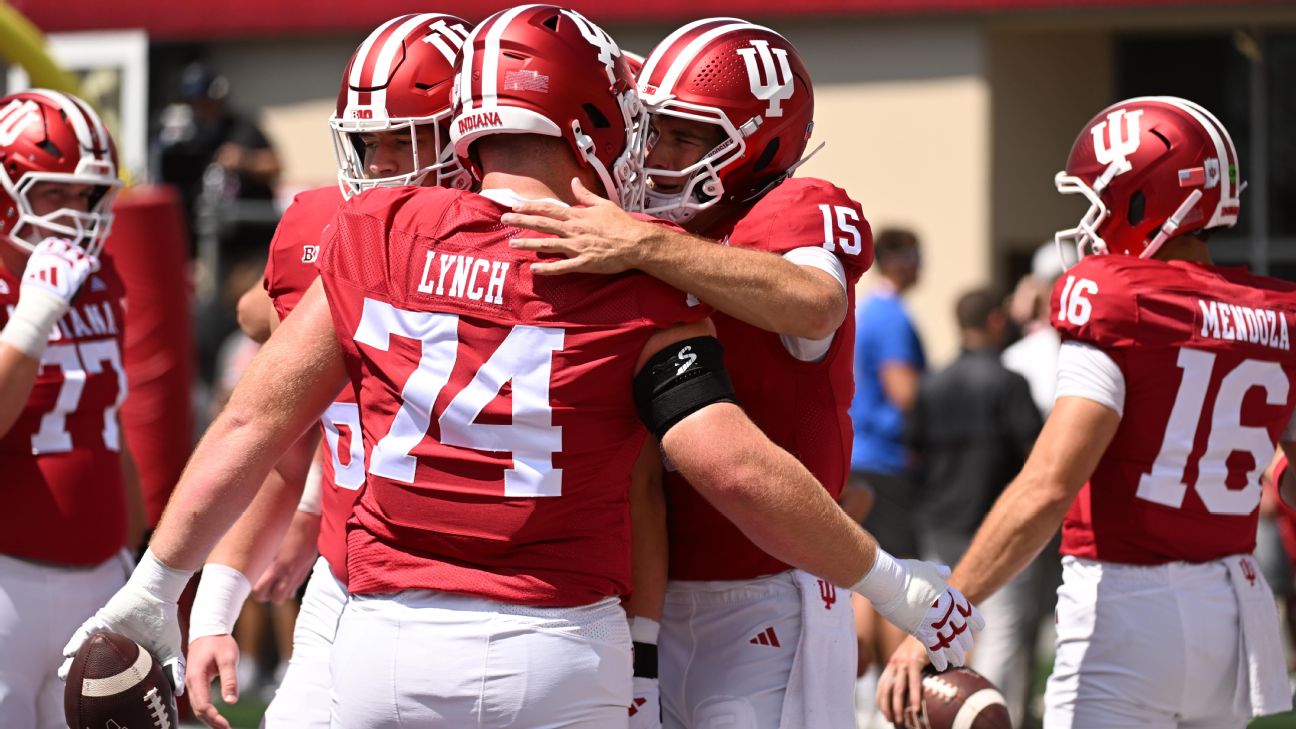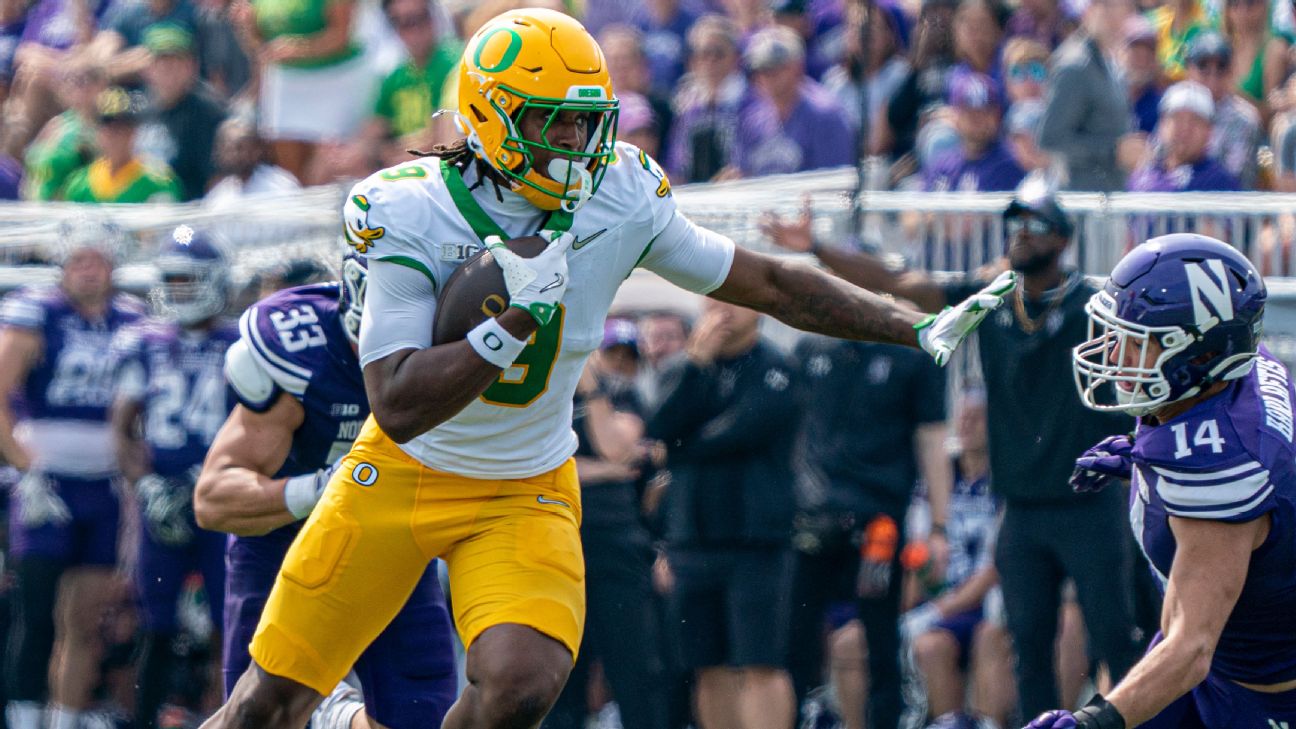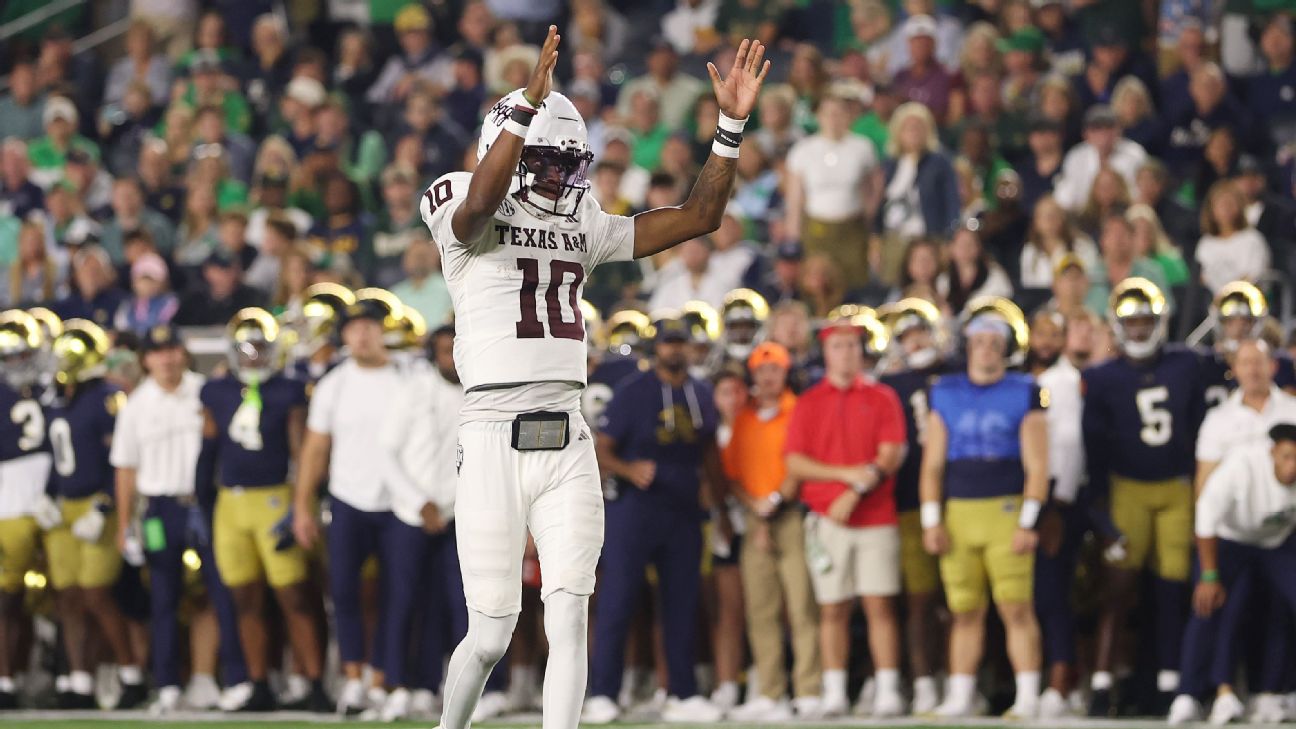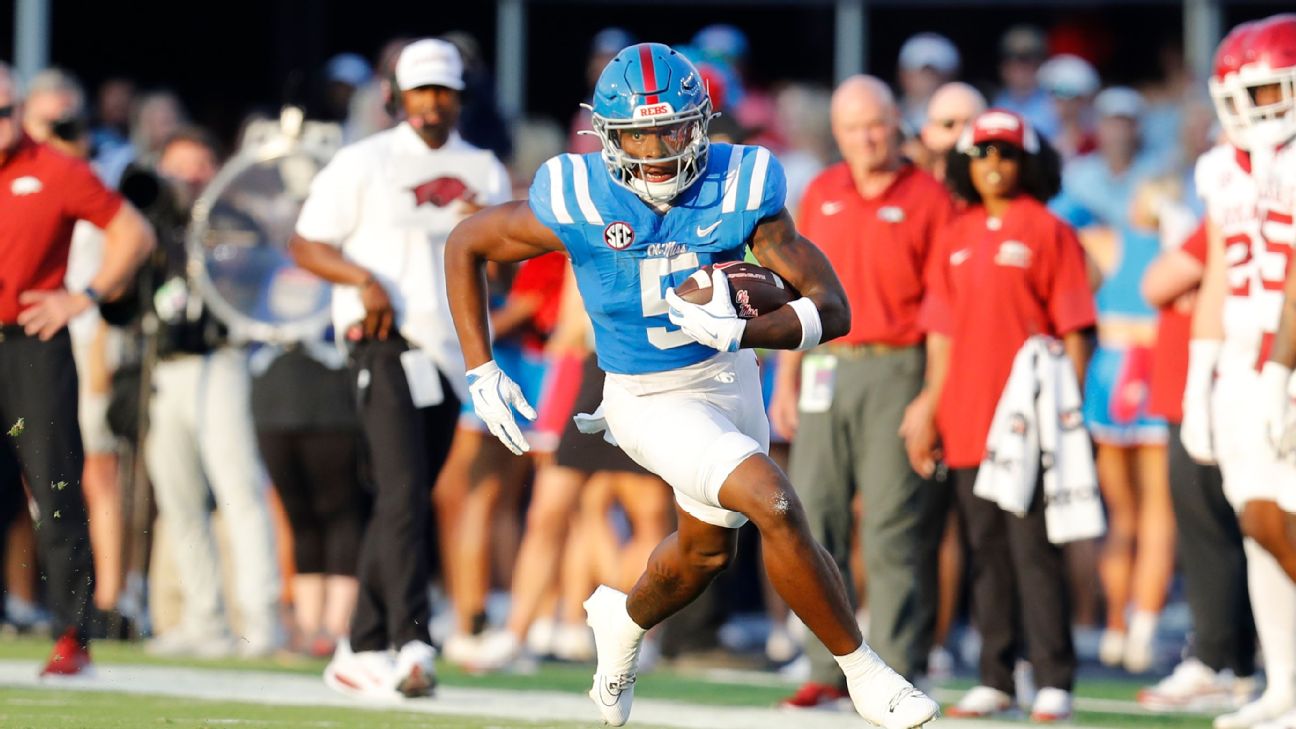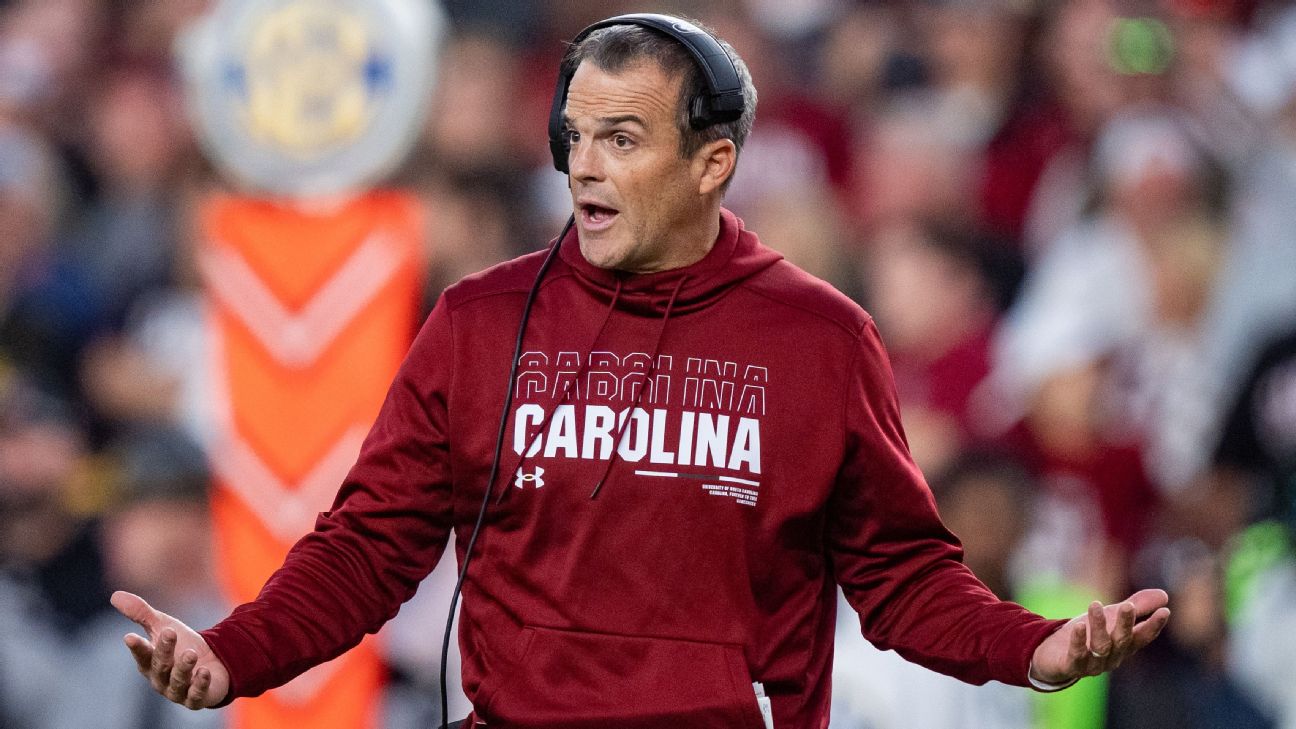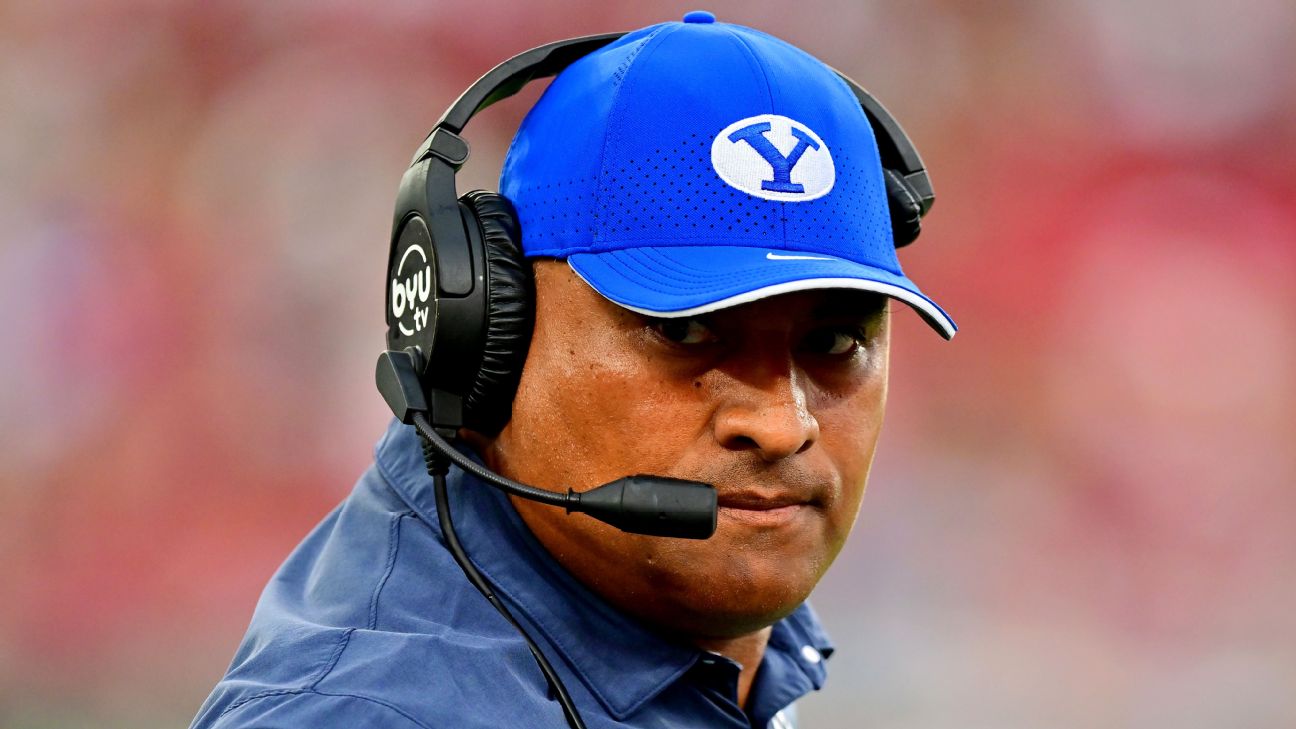The Future of NCAAF Enforcement: A New CEO's Role in College Sports
Explore the transformative role of the new CEO in NCAAF enforcement, marking a pivotal shift in college sports governance.
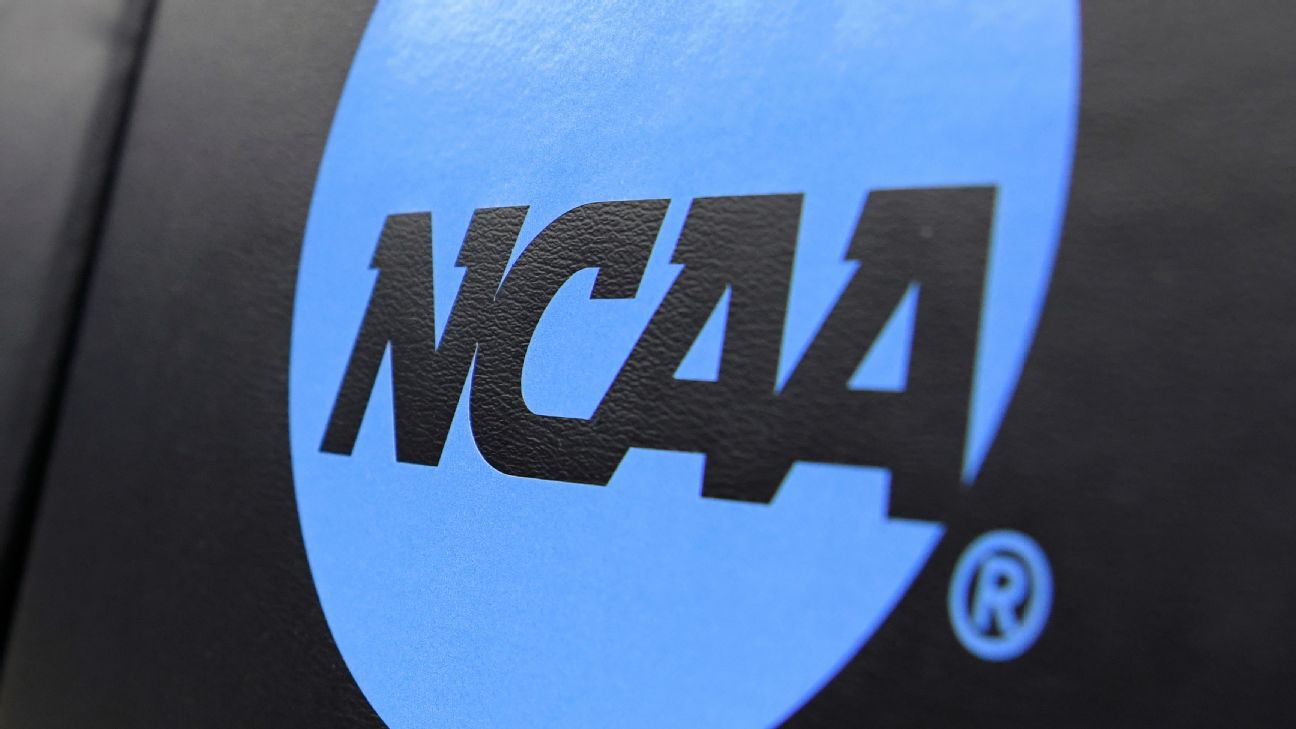
With the anticipated ruling in the House case, college sports are poised for a significant transformation. The introduction of a new CEO to oversee enforcement within the College Sports Commission represents a monumental shift from the NCAA's traditional governance. This change aims to streamline the enforcement process, ensuring a more effective and decisive approach to rule violations.
The Role of the New CEO
The CEO of the College Sports Commission will wield unprecedented authority, including the final say in determining rule violations and administering punishments. This role, expected to be filled swiftly post-settlement, will be one of the most influential positions in college sports. The selection process, already underway, underscores the urgency of this transition.
Governance and Enforcement
Post-settlement, all institutions will enter into new membership agreements, agreeing to abide by the updated rules. The CEO will be responsible for enforcing these rules and ensuring the governance model is robust. This role is critical for the future integrity of college sports, particularly college football.
The New Enforcement Model
The NCAA will no longer handle traditional enforcement, marking a distinct shift in the industry. The new enforcement model will include sophisticated systems managed by external firms like LBi Software and Deloitte, focusing on salary cap management and NIL (Name, Image, Likeness) clearinghouse operations.
Challenges and Expectations
The transition to this new enforcement model is not without challenges. The effectiveness of the CEO's role will be pivotal in deterring rule-breaking behaviors through stiff and consistent penalties. The sports community is hopeful that this new structure will bring about a more disciplined and fair environment.
As college sports navigate this new era, the role of the CEO in enforcing rules and maintaining the integrity of the game will be crucial. The sports world watches eagerly as this new chapter unfolds, promising a more structured and effective governance model.












